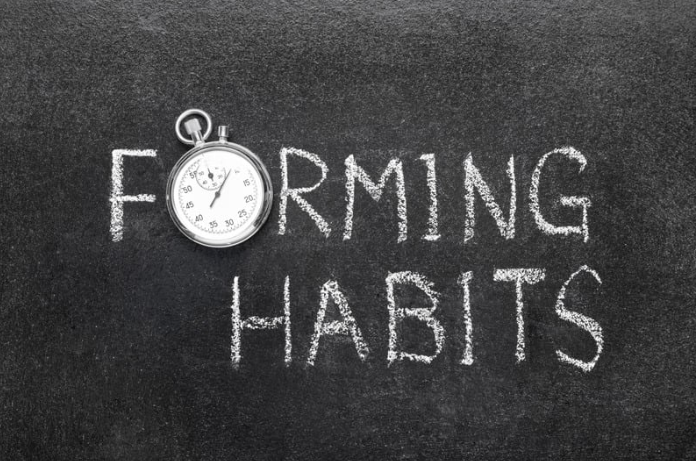Habits play a critical role in shaping success, especially in the business world. Understanding how habits are formed, reinforced, and broken can help professionals enhance productivity, improve decision-making, and build sustainable success. Neuroscience provides valuable insights into how our brains create routines and how small cognitive shifts can lead to long-term professional growth.
How Neural Pathways Form and Reinforce Daily Business Routines
Every habit—whether good or bad—is rooted in neural pathways. The brain forms habits through a process called neuroplasticity, where repeated actions strengthen certain neural connections, making behaviors automatic over time. This process follows a loop:
- Cue – A trigger that initiates the habit.
- Routine – The behavior that follows the cue.
- Reward – The benefit gained from the behavior, reinforcing its repetition.
For example, a business leader who checks emails first thing in the morning (cue) may feel a sense of accomplishment (reward), reinforcing the habit. Over time, the brain hardwires this routine, making it automatic.
To build powerful habits that drive business success, professionals can consciously shape their routines by setting clear cues and ensuring positive reinforcement.
The Science of Breaking Bad Habits That Hinder Professional Growth
Just as habits are formed, they can also be rewired. Breaking bad habits requires disrupting existing neural connections and creating new ones. Neuroscience suggests the following strategies:
- Identify Triggers – Recognizing what initiates a negative habit allows professionals to create intentional disruptions.
- Replace Instead of Eliminate – The brain struggles to erase habits but can replace them with healthier alternatives. For example, replacing procrastination with a structured work session helps shift neural pathways.
- Use the 20-Second Rule – Making bad habits harder to engage in (e.g., removing distractions) and making good habits easier to start (e.g., keeping a journal nearby) facilitates change.
- Leverage Accountability – Social reinforcement, such as mentorship or peer support, strengthens new habits and ensures commitment to positive behavioral shifts.
How Small Cognitive Shifts Lead to Long-Term Success
Success in business isn’t built overnight; it’s the cumulative effect of small, consistent actions. Here’s how minor cognitive adjustments can create lasting impact:
- Start with Micro-Habits – Simple actions, like dedicating five minutes to planning daily priorities, can gradually scale into larger productivity habits.
- Reframe Challenges Positively – Shifting from “I have to” to “I get to” changes the brain’s perception, increasing motivation and resilience.
- Visualize Success – Neuroscience shows that mental rehearsal strengthens neural pathways, making desired habits more natural over time.
- Commit to Continuous Learning – Cultivating curiosity and adaptability ensures long-term professional and business growth.
By understanding and leveraging the power of habit formation, business professionals can create sustainable success, enhance their decision-making, and optimize daily routines for peak performance. The key lies in intentional habit design, consistency, and small, meaningful shifts that build a strong foundation for lasting impact.

